Our Goal is to Make Growing Your
Own Food One of the Easiest
Things You've Even Done.
What is Aquaponics?
Aquaponics is an innovative agricultural system that combines aquaculture (raising fish) with hydroponics (growing plants in water) in a symbiotic environment. In this closed-loop system, fish waste provides natural fertilization for plants, which in turn clean the water for the fish.
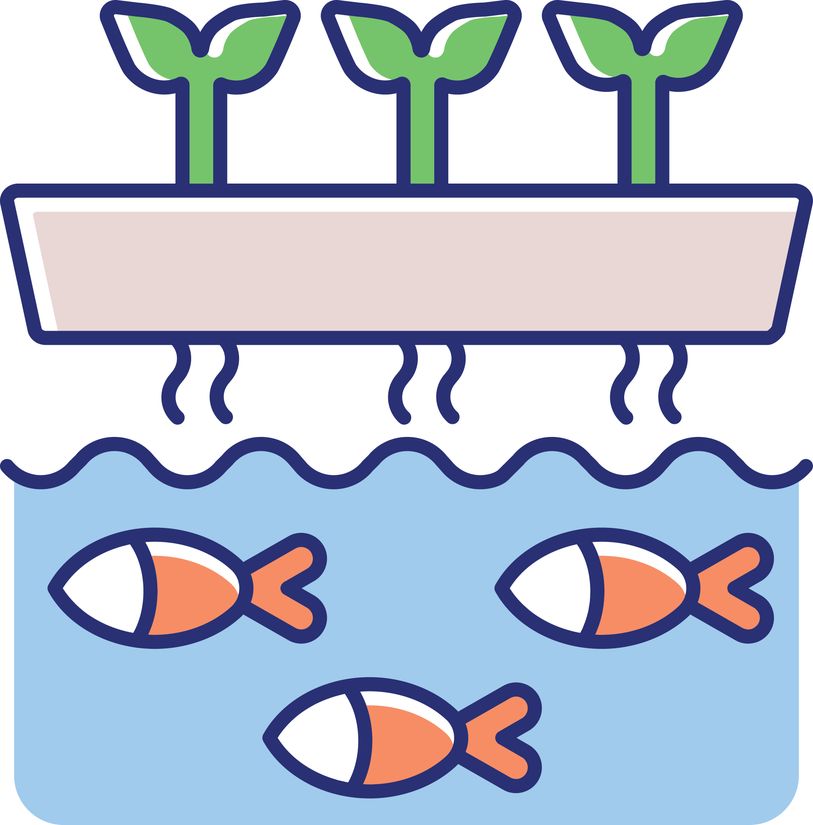
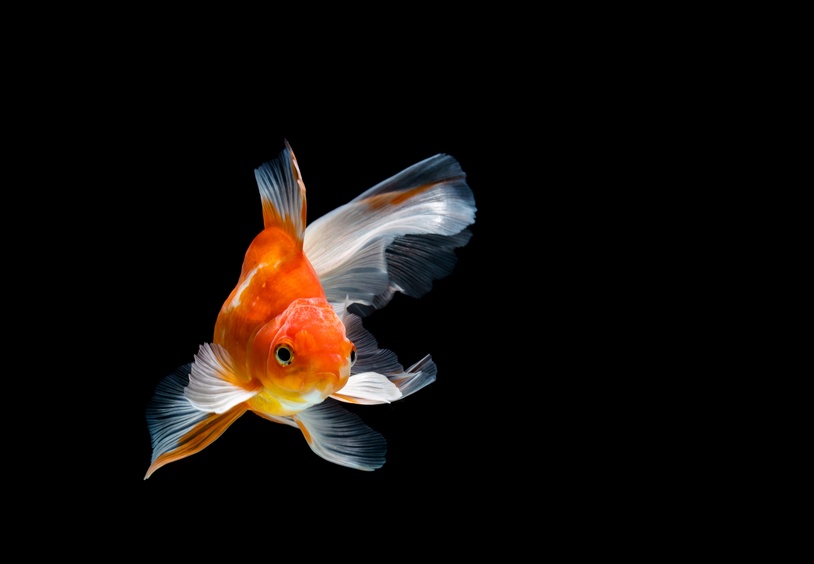
The Origins of Aquaponics
The concept of aquaponics has ancient roots, with early examples such as the Aztec chinampas or "floating gardens," and ancient Chinese and Thai farmers cultivating rice paddies with fish. These ancient civilizations unknowingly laid the foundation for modern aquaponics.
Modern Resurgence and Innovation
In the late 20th century, aquaponics saw a revival as an innovative solution for sustainable agriculture. Researchers and enthusiasts began experimenting with integrated systems, and advances in technology made it practical for both commercial and home use.
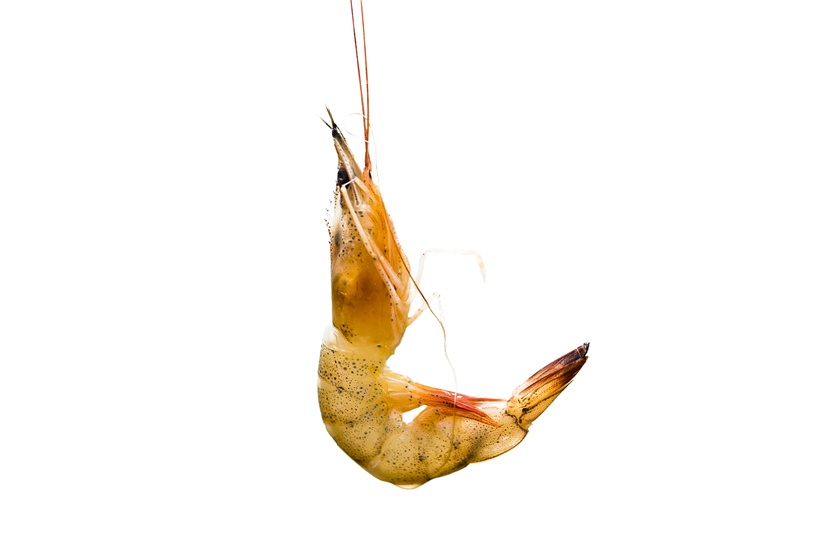
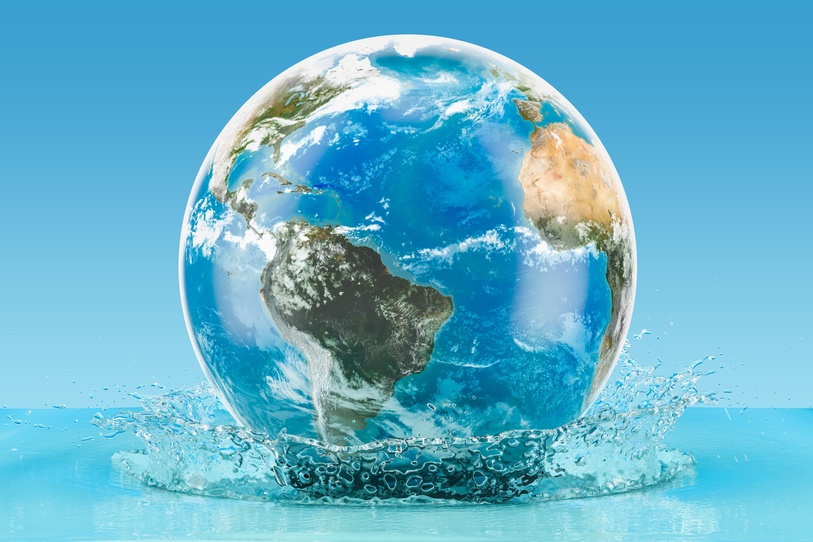
Aquaponics and Environmental Sustainability
As the world faces challenges like water scarcity and environmental degradation, aquaponics is gaining attention for its potential to address these issues. By recycling water and nutrients, and reducing the need for chemical fertilizers and pesticides, aquaponics offers a sustainable and environmentally friendly alternative to traditional agriculture.
Benefits of Aquaponics
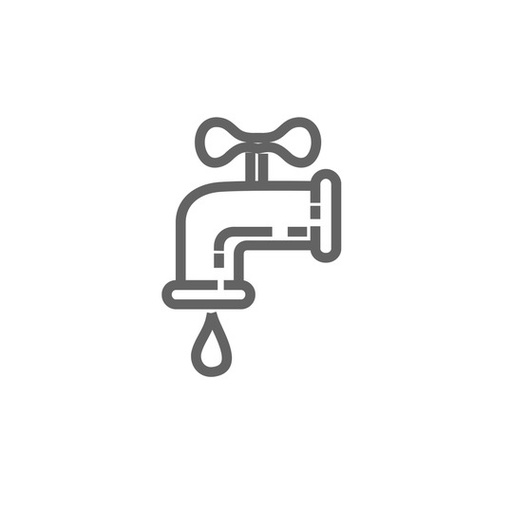
Reduced Water Usage
Aquaponics uses substantially less water than traditional agriculture because water is recycled within the system. The only water loss occurs through evaporation and transpiration from plants.

Organic Fertilization
Fish waste provides natural fertilization for the plants. This eliminates the need for artificial fertilizers and creates a self-sustaining ecosystem.

Dual Production
Aquaponics allows for the simultaneous production of fish and plants, maximizing the yield from a single system.

Sustainable Protein Source
Raising fish in the system provides a sustainable source of protein, which is particularly valuable in areas with limited resources or where traditional livestock farming is not feasible.

Adaptable to Various Environments
Aquaponics systems can be established in diverse environments, including urban areas and regions with poor soil quality, allowing for local food production even in non-traditional agricultural areas.
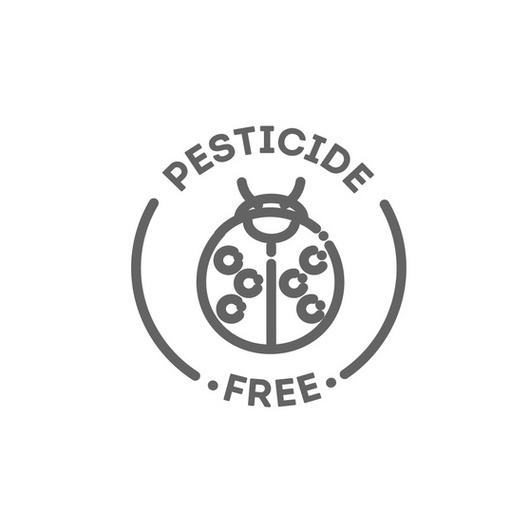
No Pesticides or Herbicides
Aeroponic systems' soil-less environment minimizes the need for pesticides and herbicides. This results in cost savings and cleaner, healthier crops.
YOUR FOOD,
YOUR INDEPENDENCE
SPECIAL NOTE FOR CONSIDERATION:
The Eden Grow Tower is already equipped to support aquaponics, but it requires two simple modifications to optimize its functionality for this purpose:
-
The addition of a heater to maintain the water temperature at optimal levels for the fish.
-
An extra filter to handle the increased waste load, ensuring efficient filtration and water quality.
These additions ensure a conducive environment for the fish and efficient filtration for maintaining water quality.
When operating the system in aquaponic mode, it's essential to consider the sustainability and quality of fish food. Choosing a high-quality, sustainable fish food is vital, especially if you intend to consume the fish, as it contributes to their health and, consequently, the nutritional value they offer.
Our Grow Systems with 60-Gallon Reservoirs are for raising aquaculture.
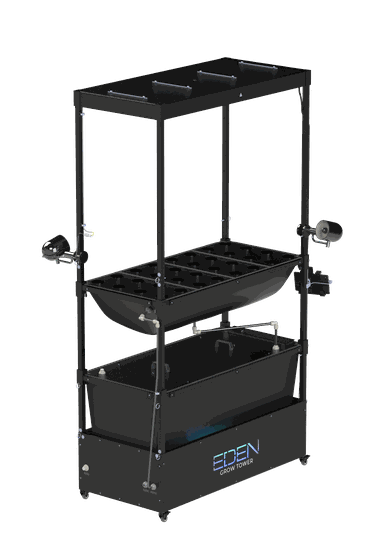
ET 100
Single Deck
Grow Tower
Recommended for:
-
Tomatoes
-
Peppers
-
Broccoli
-
Cauliflower
-
Kale, Swiss Chard
-
Green Beans
-
Fennel
-
Larger herbs such as Basil, Cilantro, Dill, & Rosemary
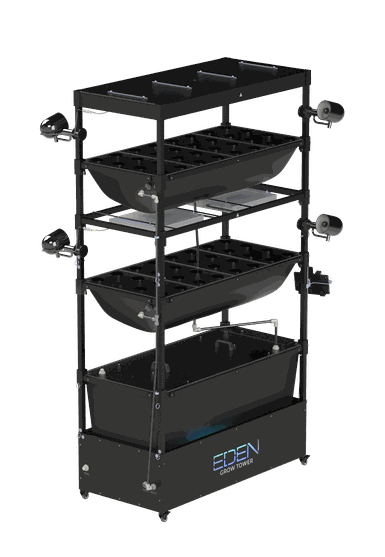
ET 200
Double Deck
Grow Tower
Recommended for:
-
Leafy Greens such as lettuces, Arugula, & Kale
-
Herbs such as Chives, Parsley, Oregano, Sage, Thyme + other compact herb varieties
-
Root vegetables such as Carrots, Onions, Garlic, Beets, Parsnips and Radishes
-
And Strawberries!!